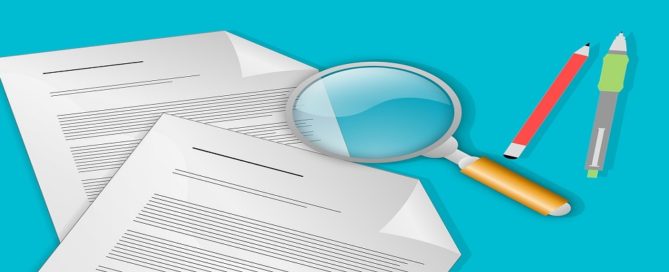Basics Of Chapter 7 Bankruptcy
Call: 888-297-6203 Bankruptcy filers often are confused regarding which bankruptcy chapter is the best. While chapter 7 offers to get rid of all possible debts without paying for anything, other options are available. Businesses (sole proprietorship, corporations, or partnerships) who wish to stay operational and avoid liquidation can file under bankruptcy Chapter 11. Sole proprietors also have the option of filing under chapter 13 bankruptcy. Chapter 13 bankruptcy allows individuals and sole proprietors to protect their property from foreclosure by catching up on past due payments through the repayment plan. You can also keep any non-exempt property if [...]










